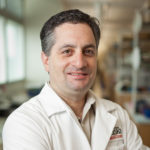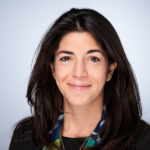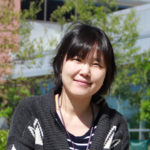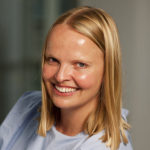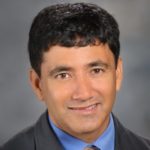Menu
Pilot Study Awards
Awardees
Each year we support multiple pilot studies with $75,000 each to pave the way for new avenues of ovarian cancer research and to expand our understanding of the disease.



Lori Brotto, PhD
The University of British Columbia
2022 Maxine & Julie Eisen Pilot Study Award
Learn More
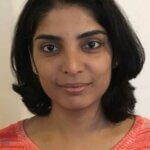
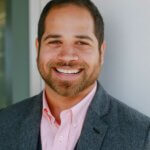
Hector Franco, PhD
The University of North Carolina at Chapel Hill
2022 Lester and Bernice Smith Pilot Study Award
Learn More
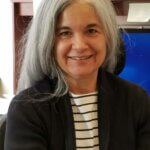
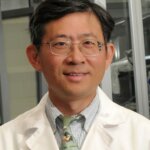

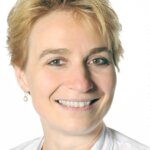
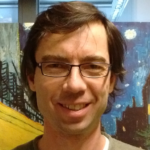

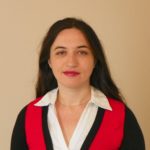
Ilana Chefetz, PhD
University of Minnesota Twin Cities
2020 Lynda’s Fund Pilot Study Award
Learn More
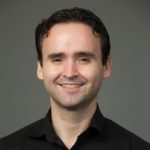

Hua Yu, PhD
Beckman Research Institute of the City of Hope
2020 Karla Mooers Pilot Study Award
Learn More

Matthew Wakefield, PhD
The Walter & Eliza Hall Institute of Medical Research
2020 Rosser Family Pilot Study Award
Learn More

















Terry Van Dyke, PhD and Vickie Bae-Jump, MD, PhD
University of North Carolina at Chapel Hill
Learn More


























































































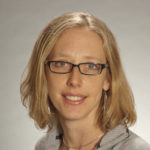


M. Robyn Andersen, MPH, PhD
Fred Hutchinson Cancer Research Center
2017 James A. Harting Pilot Study Award
Learn More
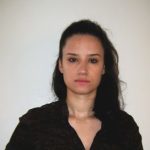

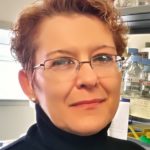

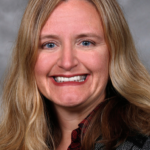
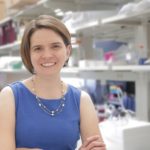
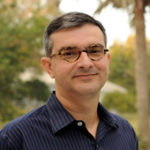
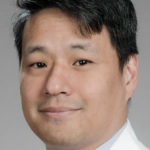
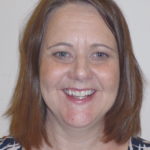
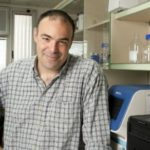
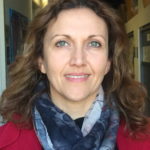

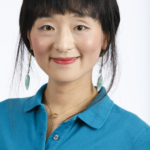
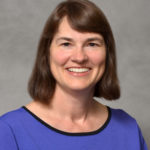
Amy Patrice Skubitz, PhD
University of Minnesota Twin Cities
Cookie Laughlin Pilot Study Award
Learn More
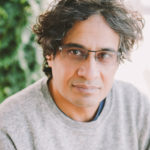
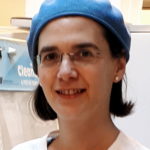

Christopher J. Kemp, PhD
Fred Hutchinson Cancer Research Center
Seqouyah Electric Pilot Study Award
Learn More
